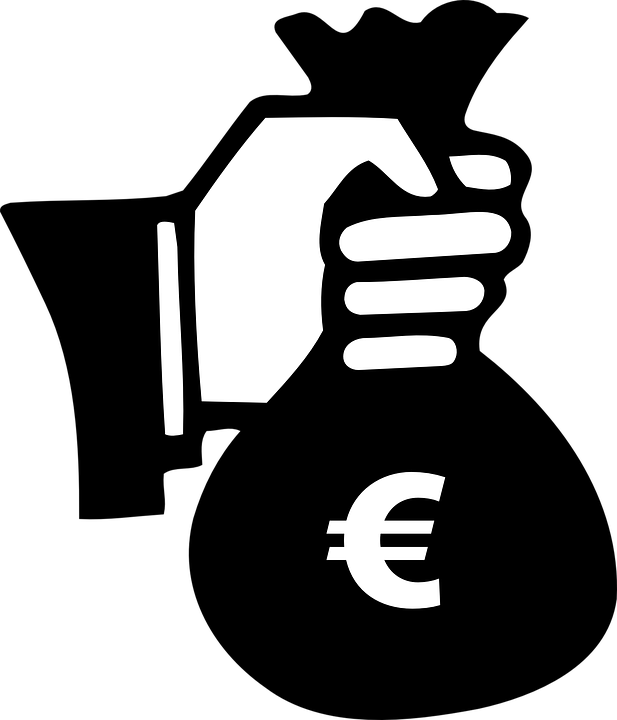
PDF]), also promotes the UPC by paying publishers while receiving over a million euros from EPO budget

THE EPO, unlike the USPTO, has weakened the appeal boards and is actively pushing towards more litigation, not less of it (later this weekend we'll write about the sharp decline in patent litigation in the US).
 Yesterday it resumed the old
Yesterday it resumed the old #IPforSMEs nonsense, either by naming companies from their ridiculous 'study' (going back to September [1, 2]) or just posting vague tweets that imply SMEs rejoice over patent saturation (one single patent lawsuit can be destructive if not fatal to a start-up). We've grown rather tired of lies about "UPC for SMEs"; it's often Bristows staff that spreads such lies and yesterday we saw Bristows and others lobbying the British government for patent maximalism (for patent microcosm profits). This tiring old thing and tireless effort by Team UPC was noted also by Eibhlin Vardy, who wrote this blog post about it. The relevant part (to us):
2. Unitary Patent/Unified Patent Court Agreement - the note seeks confirmation that it is the UK's intention to stay in the UPC following Brexit, and asks that the UK work with UPC member states to bring the UPC/UP into effect and ensure the UK's participation following Brexit;
2. UPC: Confirmation the UK will stay? It hasn't ratified yet so nothing to stay in. IP profession reps are looking after themselves - it is in their interests as we all know.
2. European patent attorneys will retain their right to assist practicing attorneys at law, so not a big deal for CIPA. The UK staying in the UPC if it is up and running by the time of Brexit seems problematical. Much simpler to enact legislation to the effect that UPC judgments in respect of European patents having effect in the UK will be extended automatically.
I see a fundamental problem with the continued mutual recognition of judgments post Brexit (let's face it they don't mean mutual in a two-way sense). The CJEU clarifies EU law (Directives and Regulations) in the context of maintaining one of the pillars of the Single Market, namely the free movement of goods and services. A primary aim for the CJEU is to advance the harmonisation of the internal market. A recital to this effect can be found in virtually every Directive of relevance to the IP area. However the UK government has publicly declared that it will not seek to remain in the Single Market and it will actively seek other markets outside the EU. To that extent, opinions and judgments of the CJEU made after Brexit, even if they refer to Directives etc made before Brexit (ie those Directives which are to remain legally binding in the UK), will be made based on assumptions which are incompatible with or possiblty inimical to the interests of the UK after Brexit. As has already been mentioned in the comments above, the UK courts may wish to take note, post Brexit, of relevant CJEU decisions, but 'mutual recognoition' suggests something rather more binding in its effect.